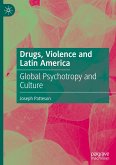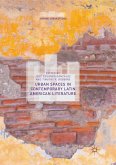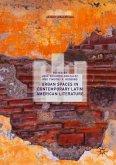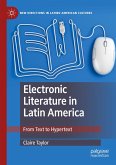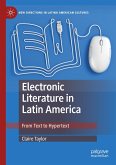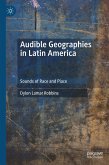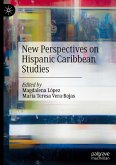This book undertakes a psychotropic analysis of texts that deal with the violence of drug trafficking and interdiction, especially in Mexico. While most critics of so-called narcoculture have either focused on an aesthetic "sobriety" in these works or discounted them altogether as exploitative and unworthy of serious attention, Drugs, Violence, and Latin America illuminates how such work may reflect and intervene in global networks of intoxication. Theorizing a "dialectics of intoxication" that illustrates how psychotropy may either solidify or destabilize the self and its relationship to the other, it proposes that these tendencies influence human behavior in distinct ways and are leveraged for social control within both licit and illicit economies. A consideration of a countercultural genealogy in Latin America provides a contrastive psychotropic context for contemporary novels that exposes links between narcoviolence and consumerism, challenging our addictionsof thought and feeling about ourselves and our relationships to drugs and narco-violence.
"Patteson's work makes a highly original and suggestive contribution to the study of drugs, intoxication, addiction and trafficking in Latin America. In particular, his work is a much-needed answer to the critical current, exemplified by Osvaldo Zavala and others, that is quick to discount works that supposedly do little to oppose narco-culture. ... it will certainly be required reading for anyone studying drugs, intoxication or drug trafficking going forward." (Brandon P. Bisbey, Chasqui, Vol. 51 (1), May, 2022)


